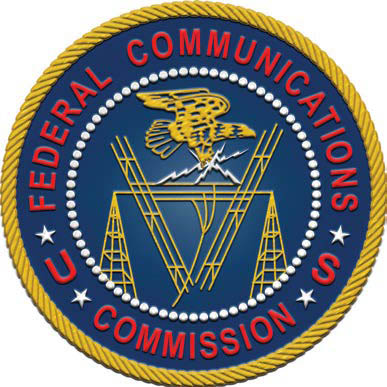Closing FCC Field Offices Could Lead to ‘RF Anarchy’
The professional video industry's #1 source for news, trends and product and tech information. Sign up below.
You are now subscribed
Your newsletter sign-up was successful

Robert Gonsett
gonsett@gmail.com
SAN DIEGO— The Federal Communications Commission is considering a monumental change that will jeopardize its ability to control interference for the private sector. According to a recent story in TV Technology’s sister publication Radio World, “...the plan under consideration would reduce the number of field agents from 63 to 33 and reduce the number of director positions from 21 to five and the number of field offices would shrink from 24 to eight.”
Here in southern California, for example, the San Diego field office would close and the Los Angeles office would carry significant new responsibilities by watching over perhaps six or seven states including Hawaii while at the same time operating with a skeleton crew. So drastic are the anticipated cuts that the staff would only have time to handle public safety interference cases and little else.
This action is going to create a lawless environment where pirates and jammers will flourish. Case in point: Many months ago, four FM pirates (illegal broadcast stations) popped up all at once at scattered locations in the San Fernando Valley. The FCC knocked them all down. In the past few months, two of those pirates returned to the air and one of those appears to be running increased power. The reason that the pirates have returned may be a littleknown brand new FCC policy: Hands-off pirates unless they are causing direct interference to an authorized broadcast station and the FCC isn’t busy with higher priority cases like public safety interference. But the FCC is always busy with public safety cases. So, by largely dismantling pirate enforcement, the seeds to create a lawless environment have already been planted.

Let’s turn to the TV arena. Just over a year ago, the FAA accused a southern California UHF-TV station of causing interference to a high altitude en route VHF channel (133.2 MHz) used by aircraft. So serious was the reported problem that the TV station voluntarily left the air while private sector engineers worked overtime to assess the situation. The important point is that the FCC was ready to dispatch its own engineers at a moment’s notice if need be (we made telephone contact with the San Diego FCC field office to make sure of this).
Now imagine the situation with greatly reduced FCC staffing: There is no public safety issue because the TV station left the air and that action seemed to resolve the intermittent interference problem. Too bad if the station couldn’t return to the air quickly—that would be viewed as a problem for the private sector to address. (As it turned out, there was never conclusive evidence that the broadcast station was at fault; the FAA located a stuck microphone problem at its control center, the TV transmitter tested “clean” and the station successfully returned to the air without making any adjustments whatsoever.)
If FCC Enforcement Bureau staff and field office reductions go into place as now proposed, the broadcast community won’t be able to count on FCC field offices for any type of assistance. RPU jamming? Too bad. Two-way radio interference? A pity. A competitor doing something illegal? Forget it. Some other government agency using questionable engineering practices and accusing you of causing interference? Good luck. You can bet that a new generation of jammers and pirates will crop up knowing full well that the FCC’s field offices have been emasculated and will do nothing.
The professional video industry's #1 source for news, trends and product and tech information. Sign up below.
Fast action is needed (a) to reverse the FCC’s “hands-off pirates policy” and (b) to keep the commission from making drastic cuts to the number of field offices and the number of field agents. This is a one/two punch we don’t need. With interference and communications complexity increasing, we need more field engineers and more FCC field capability, not less.
Please forward this editorial to your director of engineering and general manager along with a request that an urgent appeal be made to Congress in Washington, D.C. Appeals must be made now to the U.S. Senate and the House of Representatives by as many stations as possible. Unless the FCC’s “hands-off” policy toward pirates is reversed, and its drastic downsizing of field offices and field personnel is voted down, we are on the road to anarchy.
Robert F. Gonsett is president of Communications General Corp. a telecom consultancy in Fallbrook, Calif.
